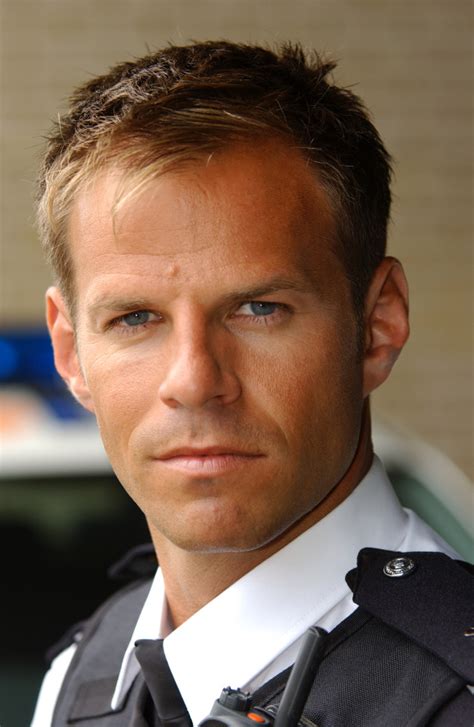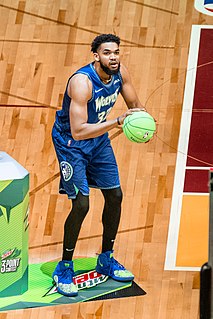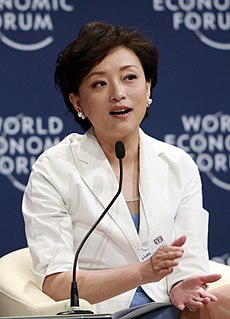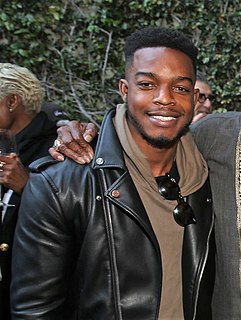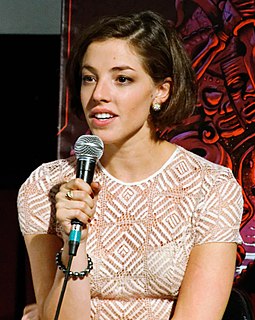A Quote by Zoe Kravitz
When I read the script [of Good Kill], it read like a science fiction film. And Andrew [writer/director Andrew Niccol] is known for sci-fi. But when I spoke to him, he said this picture was 100% factual, which blew my mind. I realized then how little I knew about the drone program. And I felt that, if I knew so little about it, there must be others who should be educated about what's going on.
Related Quotes
I've actually found that most of my jobs have been in sci-fi. I realized it because sci-fi has the biggest fan following. Every time I do a play in London all these sci-fi fans come out. They ask me to sign things from all these little projects that I did. I hadn't even made the connection. It doesn't always have a spaceship and guns; sci-fi has been projected on in someway. I did Never Let Me Go, which is sort of Star Trek-y. It's about the future and training humans. It's sci-fi too. It's such a broad umbrella.
I had to audition for Fandango. When I read the script, the role that was interesting - so everyone thought - was the role that Costner played. He was the cool guy. And I read the script, and my representation at the time said, "That's the role you should read for." And I was like, "Really? How about I read for this other role." And they went, "Well, you're not going to get that role."
The big thing is it's a domestic drama. Everything else in science fiction tends to be high-concept. Really for the last 40 years or so I think sci-fi's been a little cold and a little inhuman quite often - certainly since the 1980s - and I really wanted to do something that almost felt like a regular, real-life drama but just set it in a sci-fi setting. I think the best stuff is always like that.
Cinematography was incredibly foreign to me, so I read as much as I could about it. Once I figured out that it was just photography with a set shutter speed, I got some slide film and I just went about storyboarding the script and taking snapshots. I took a ton of time doing it just to make sure I knew exactly what I was doing. By the end of it I knew what the film was going to look like - my exposure and the composition and everything. I wasn't scared of cinematography anymore.
To be honest, I wasn't a sci-fi geek at all. But I do love a good sci-fi film, especially one that can really take you away. And I read some reality-bending novels growing up, like stuff by Vonngeut, so I already had one part my brain open to the unnatural and unusual, and it's generally fun to venture into that world and film in it.







